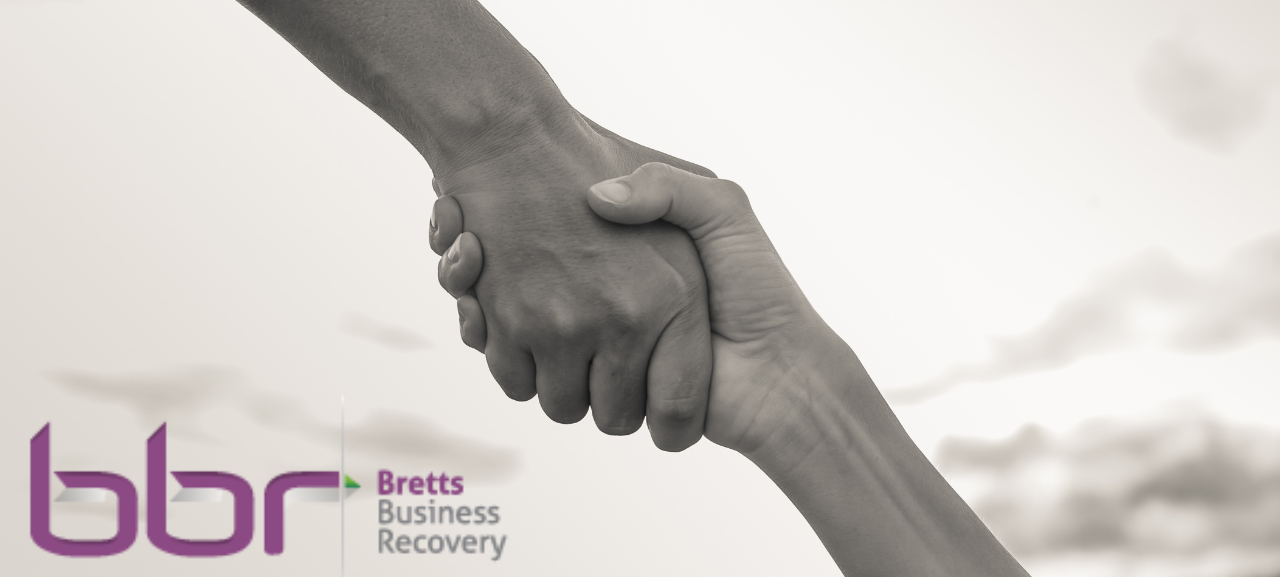Debt Relief Orders – a Q&A

One way to deal with personal debts is to apply for a Debt Relief Order (DRO) which are not particularly well-known but can offer a helpful solution for those with relatively low levels of debt and few personally-owned assets. As always, seek professional advice first to assess whether one is appropriate.
Individuals qualify for a DRO if they:
- are unable to pay off debts
- their total debts are not more than £30,000 (this will increase to £50,000 in June 2024)
- are left with £75 or less per month after normal household expenditure
- do not have assets worth £2,000 or more
- do not own your own home
- live in England or Wales
- have not had a DRO in the past six years (unless it was cancelled)
- are not going through another insolvency process (such as an IVA or bankruptcy)
Here are some of the questions we get asked most frequently if we think a DRO may be suitable for our clients:
I’ve got lots of different debts – student loan, unpaid rent and credit card debts to name a few – can a debt relief order help?
Unpaid rent and credit card debts are included under a DRO but some debts are not -these include student loans, child maintenance and court fines for example.
Will a debt relief order show on credit checks in future and for how long?
Yes – it will stay on your credit record for six years and could affect your ability to get credit or a new home in the future
How long does it last?
12 months
Will anyone know about the DRO?
Your name will appear on The Insolvency Service’s Individual Insolvency Register which is publicly available to anyone
I own a company but my personal finances are in a mess – what are the implications?
You cannot act as a director of a company if you have a DRO in place. If you wish to promote, manage or form a limited company you will need permission from the court. If you have any other businesses under a different name you must inform anyone you do business with about the DRO.
Can I still borrow money/take out loans?
You can borrow up to £500 without any implications but must inform the lender if you are borrowing over this amount
Can I still write cheques?
You can only write cheques if you have enough money in your account for them to clear.
I have lived abroad in the past few years. Can I still get a debt relief order?
You must have lived or worked in England or Wales within the past three years in order to qualify for a DRO
Does my pension count as an asset?
No, pensions approved by HMRC do not count as an asset.
I don’t own my home but I do have lots of inherited family items such as antiques – do they count as assets?
They may do – your adviser will be able to tell you for sure but assets are usually counted as valuable or luxury items such as antiques or collections rather than basic household goods
I am due to get some inheritance in about 6 months – what are the implications?
You must inform The Insolvency Service if your financial circumstances change during the DRO – this would include if you receive inheritance payouts, your regular income increases or you are given valuable assets. They will re-assess the DRO accordingly.
Can I apply jointly with my partner?
No – applications must be separate.
For further information or to speak to a member of the Bretts team about Debt Recovery Orders please get in touch